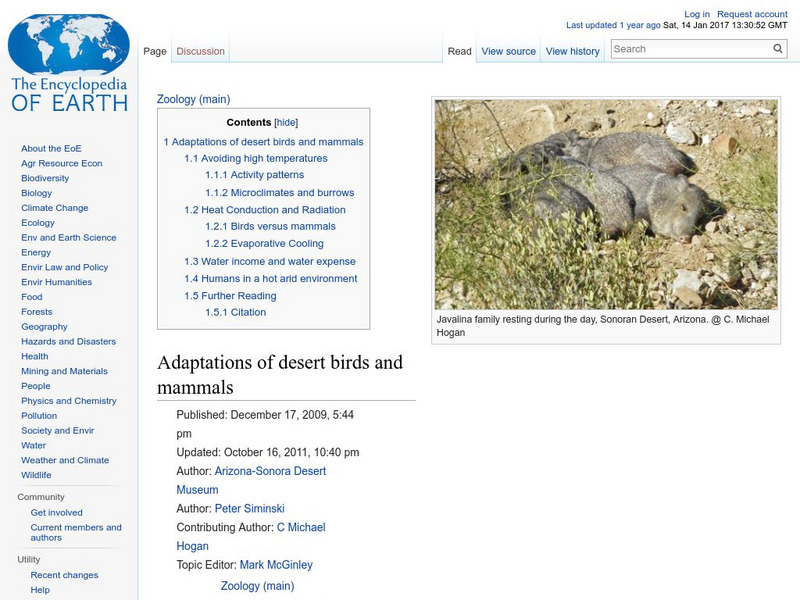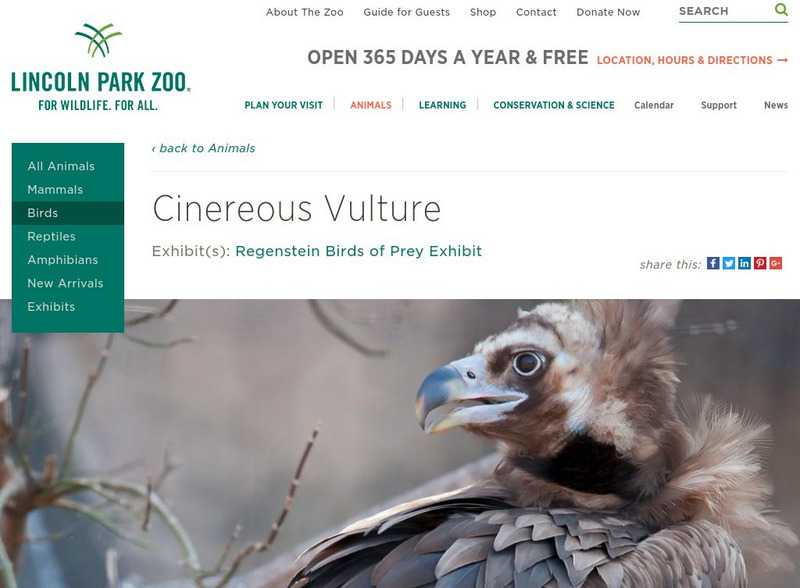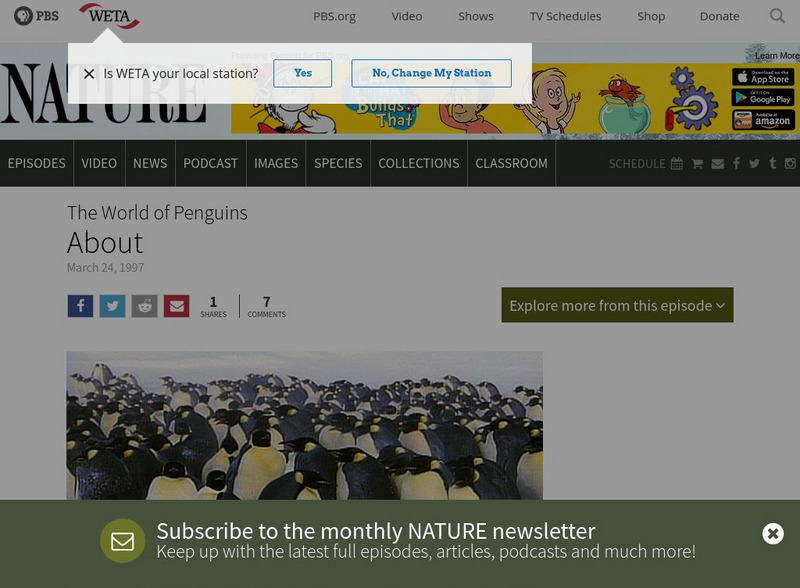Hi, what do you want to do?
Curated OER
In Your Own Backyard
Learners observe organisms in their habitat and record their observations. They then draw conclusions about the organism's habitat needs and food sources.
Curated OER
Follow a Fish
Students choose a fish from anywhere within the Ocean Center. They observe it for a given time, recording its behavior. Students comprehend the concept that living things have individual characteristics that enable them to live in their...
Curated OER
Animals Must Fit In
A instructional activity on tadpoles is here for your young biologists. Learners read a short paragraph on tadpoles, then answer three questions regarding how parts of their bodies help the tadpole to survive in the pond. There is a good...
Curated OER
What's Up at the Rim?
Students are sent on a scavenger hunt to find as many plants as they can in nature.
Curated OER
Humane Science Projects
In this science activity, students examine the list of possible science projects. They look for the characteristics that set apart these ideas as humane.
Curated OER
Just Ducky - a puzzle about ducks
In this ducks worksheet, learners create a crossword puzzle about ducks. Students complete 29 blanks inside the crossword puzzle.
Curated OER
Biological Taxonomy
For this biology worksheet, students read about biological taxonomy. They then use the information they learned to answer the 13 questions on the worksheet. The answers are on the last page of the packet.
Curated OER
Biodiversity: El Imposible National Park, El Salvador
Fifth graders explore the concept of how the more diverse an ecosystem is, the more interdependence of species exists within that system. The complex relationships among diverse species are difficult to identify. As species disappear or...
PBS
Pbs Learning Media: Bird Food and Bird Beaks
There are almost as many types of bird beaks as there are types of food that birds like to eat. This collection of images shows a wide range of beaks and the types of foods handled by each.
PBS
Pbs Learning Media: Bird in Flight
Students are asked to explain the characteristics of the bird in flight and how adaptations would allow the bird to fly a particular way. [0:32]
San Diego Zoo Global
San Diego Zoo: Birds
This resource provides detailed information about birds, as well as several pictures.
Encyclopedia of Earth
Encyclopedia of Earth: Adaptations of Desert Birds and Mammals
The ways in which animals have adapted so as to survive in a desert environment are described in this article. Mechanisms that humans have to help them cool themselves in a desert are also explained. (Published: December 17, 2009)
Merriam-Webster
Merriam Webster: Dictionary Illustration: Bird Beaks and Bills
Labeled illustrations demonstrating the diversity of bird mouth parts, each adapted for particular purposes.
Vision Learning
Visionlearning: Biology: Galapagos Finches
Interactive animation illustrates how Charles Darwin used his study of finch beaks to explain evolution. A phylogenetic tree diagram shows how the birds' color and beak shape changed over generations.
Lincoln Park Zoo
Lincoln Park Zoo: Cinereous Vulture
A detailed overview of the Cinereous Vulture. Overview includes a physical description, their niche and habitat in the wild, and their life history. Facts about special adaptations they have had to make in order to survive.
Other
Arizona Sonora Desert Museum: Animal Fact Sheet: Anna's Hummingbird
This fact sheet on Anna's hummingbird provides details on physical characteristics, adaptations, range, habitat, conservation, diet, and other interesting facts. Click the link to hear how Anna's hummingbird sounds.
Other
Arizona Sonora Desert Museum : Animal Fact Sheet: Harris Hawk
Animal fact sheet on the Harris hawk includes appearance, adaptations, habitat, range, conservation, diet, fun facts, and more.
Other
Bradfords Woods: Eagles to the Nest [Pdf]
This thematic curriculum which focuses on bald eagles revolves around a three-day field trip to Bradford Woods in Indiana. However, many of the activities could be adapted for other environments, and the background material is useful,...
Smithsonian Institution
Smithsonian National Zoo: Meet Our Animals
This site from the National Zoological Park provides extensive information about many types of animals. Just click on the category you need. Includes pictures and live web cams.
PBS
Pbs Teachers:flying Casanovas: Bowerbird Basics
Examine characteristics of bowerbirds and their bowers. Compare and contrast various styles of bowers created by bowerbirds
Tramline
Virtual Field Trip: Temperate Forest Biome
Travel with your students on a Virtual Field Trip to learn about Temperate Forest Biomes. You will also discover many informative and interactive websites.
Penguin Science
Penguin Science: Penguins Marching Into the Classroom
Follow Adelie Penguin families as they raise their chicks. Daily pictures (November through January) from the penguin colony on Ross Island, Antarctica. are posted with data for students to keep a field journal. Inquiry classroom...
PBS
Pbs: Nature: The World of Penguins
What do you know about the world of penguins? This PBS site features information about these flightless birds. Come and check out this extraordinary resource.
























